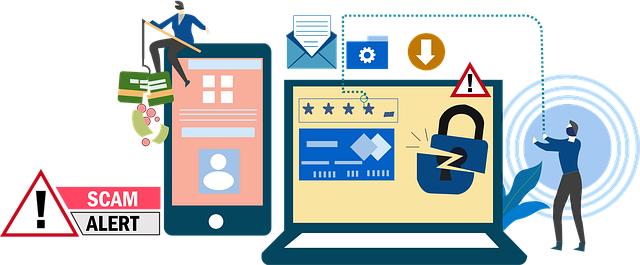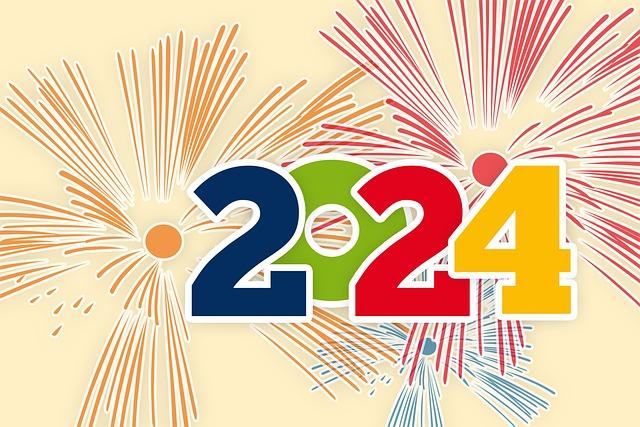- Introduction
- Understanding Gift Card Scams
- Latest Trends in 2024
- Recognizing the Signs of a Scam
- Tips to Protect Yourself
- Conclusion
- FAQs
Introduction
As we move further into 2024, one of the most alarming trends in online fraud is the rise in gift card scams. These scams target unsuspecting individuals and are often executed with cunning tactics that can catch even the most vigilant users off guard. In this article, we will delve into the world of gift card scams, exploring how they work, recent trends, signs to watch out for, and, most importantly, how to protect yourself from becoming a victim.
In the upcoming sections, we will clarify what constitutes a gift card scam, explore the latest tactics employed by scammers in 2024, provide tips for recognizing the signs of a scam, and suggest effective strategies to safeguard your finances.
Understanding Gift Card Scams
Gift card scams are a type of fraud that exploits the increasing popularity of gift cards. Typically, scammers impersonate trusted entities – such as government agencies, utility companies, or even friends and family – and trick victims into purchasing gift cards. Once the victim shares the card number and PIN, the scammer effectively steals the funds.
The simplicity of gift card transactions makes them highly appealing to fraudsters. Unlike bank transfers or credit card transactions, which can often be disputed, gift card payments are almost impossible to trace and recover. This anonymity gives scammers a sense of security as they can execute their schemes without fear of being tracked down.
In recent years, this type of fraud has escalated. Scammers have developed sophisticated means of manipulation, leading victims to believe they’re engaging with legitimate businesses or acquaintances—making it critical for consumers to stay informed about these risks.
Moreover, the emotional aspects of gift-giving make scams involving gift cards particularly damaging. Many people feel pressured to respond promptly to a scammer’s demands, believing they’re helping a loved one or taking care of urgent matters.

(Image: Pixabay/@Fidsor)
Latest Trends in 2024
The year 2024 has seen a concerning rise in the creativity and variety of gift card scams. Scammers are continuously enhancing their methods to deceive individuals more effectively. With every evolving trend, consumers must keep a close eye on their interactions concerning gift cards.
One significant trend this year includes the use of advanced phishing techniques. Scammers are increasingly utilizing SMS, phone calls, and emails to lure victims. Phishing messages may appear as official communications from recognized organizations, complete with logos and language intended to evoke trust.
Additionally, the emergence of social media platforms has catalyzed creative scamming tactics. Fraudsters are infiltrating social spaces, where they initiate fake charity campaigns or investment opportunities that promise significant returns—all requiring upfront investments via gift cards.
Another notable trend in 2024 involves scammers leveraging current events, like tax season or economic hardships, to create a sense of urgency. By framing their demands around recognizable pressures, they manipulate victims into complying quickly without verifying the legitimacy of the request.

(Image: Pixabay/@geralt)
Recognizing the Signs of a Scam
Awareness is key to avoiding gift card scams. Familiarizing yourself with the common tactics used by scammers can help you recognize an impending scam before it’s too late. Below, we detail several critical signs to look out for.
Firstly, one major red flag is when anyone asks for payment via gift cards. Legitimate businesses and organizations will never request payment in this manner. If someone you trust contacts you insisting on payment through gift cards, always confirm their request via another communication method before engaging further.
Another indication of a possible scam is the urgency conveyed in a message. Scammers utilize time-sensitive threats—such as legal actions or account shutdowns—to pressure you into acting hastily. Authentic organizations usually allow time for customers to verify claims without creating a sense of panic.
Furthermore, if you receive unsolicited communication claiming to be from a known entity demanding gift card purchases, do not comply without further verification. Scammers often rely on creating a false sense of security through spoofed email addresses and official-looking documents, which can easily mislead the unsuspecting user.

(Image: Pixabay/@geralt)
Tips to Protect Yourself
Protecting yourself from gift card scams requires vigilance, awareness, and proactive measures. Here are several strategies to help secure your personal and financial information.
First and foremost, never purchase gift cards for anyone who requests them in a suspicious context. If an individual or organization initiates the conversation regarding gift cards, take a step back and thoroughly assess the situation before proceeding.
Secondly, foster open communication within your circles. Discuss common scams and raise awareness about potential threats, enabling friends and family members to recognize indicators of scams themselves. The better-informed your network is, the less likely they will fall victim to scams.
Additionally, consider using two-factor authentication for accounts associated with financial transactions to add an extra layer of security. Keeping account recovery options updated and routinely monitoring financial statements can further protect against unexpected requests for gift card purchases or other irregularities.
Finally, report scams immediately. Whether it’s to authorities such as the Federal Trade Commission (FTC) or local consumer protection offices, reporting helps create awareness amongst others and aids in future prevention efforts. The more data authorities gather on scams, the more resources they can allocate to combat them.

(Image: Pixabay/@RoraHero)
Conclusion
As we navigate through 2024, the rising tide of gift card scams poses a pressing challenge for consumers. Understanding the mechanisms behind these scams, recognizing the latest trends, and being able to identify the tell-tale signs are essential steps in protecting oneself. Awareness can significantly mitigate your risk, but remaining vigilant and educated is the most powerful strategy of all. Safeguarding your finances and ensuring the security of your personal information should always be a priority.
FAQs
What constitutes a gift card scam?
A gift card scam typically involves fraudsters impersonating a trusted entity to trick a victim into purchasing gift cards and sharing their numbers and PINs, which then allows the scammer to steal the funds.
How can I recognize a gift card scam?
Common signs include unsolicited requests for gift card payments, high-pressure tactics, or demands framed around urgency. Always verify any requests directly with the supposed sender before proceeding.
What should I do if I fall victim to a gift card scam?
If you realize you've been scammed, contact the retailer of the gift card immediately to report the scam and see if they can assist. Also, report the scam to authorities like the FTC.
Are there specific gift card brands targeted more frequently?
While many brands can be targeted, popular options like iTunes, Google Play, and Amazon gift cards are among those most commonly exploited due to their widespread acceptance and instant purchase convenience.
Can I recover my losses from a gift card scam?
Recovering funds from a gift card scam is often challenging, as most transactions are irreversible. It's crucial to act quickly by reporting the scam to both the retailer and law enforcement to possibly mitigate losses.

